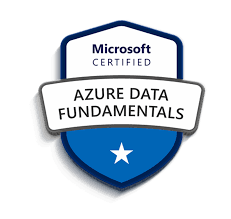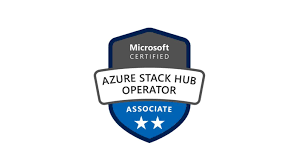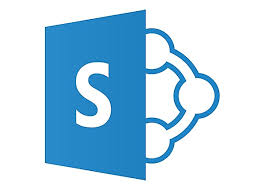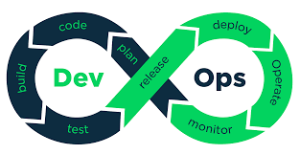Audience
The audience for this course is individuals who want to learn the fundamentals of database concepts in a cloud environment, get basic skilling in cloud data services, and build their foundational knowledge of cloud data services within Microsoft Azure
Prerequisites
Prerequisite certification is not required before taking this course. Successful Azure Data Fundamentals students start with some basic awareness of computing and Internet concepts, and an interest in extracting insights from data.
Specifically:
• Experience using a web browser, such as Microsoft Edge.
• Familiarity with basic data-related concepts, such as working with tables of data in a spreadsheet and visualizing data using charts.
• A willingness to learn through hands-on exploration
Skills Gained
After completing this course, partcipants will be able to:
• Describe core data concepts
• Describe how to work with relational data on Azure
• Describe how to work with non-relational data on Azure
• Describe an analytics workload on Azure
Course outline
Module 1: Explore core data concepts
Students will learn the fundamentals of database concepts in a cloud environment, get basic skilling in cloud data services, and build their foundational knowledge of cloud data services within Microsoft Azure. Students will identify and describe core data concepts such as relational, non-relational, big data, and analytics, and explore how this technology is implemented with Azure. Students will explore the roles, tasks, and responsibilities in the world of data.
Lessons
• Explore core data concepts
• Explore roles and responsibilities in the world of data
• Describe concepts of relational data
• Explore concepts of non-relational data
• Explore concepts of data analytics
After completing this module, students will be able to:
• Show foundational knowledge of cloud data services within Azure
• Identify and describe core data concepts such as relational, non-relational, big data, and analytics
• Explain how this technology is implemented with Azure
Module 2: Explore relational data in Azure
Students will learn the fundamentals of database concepts in a cloud environment, get basic skilling in cloud data services, and build their foundational knowledge of cloud data services within Microsoft Azure. Students will explore relational data offerings, provisioning and deploying relational databases, and querying relational data through cloud data solutions with Azure.
Lessons
• Explore relational data services in Azure
• Explore provisioning and deploying relational database services in Azure
• Query relational data in Azure
After completing this module, students will be able to:
• Describe relational data services on Azure
• Explain provisioning and deploying relational databases on Azure
• Query relational data through cloud data solutions in Azure
Module 3: Explore non-relational data in Azure
Students will learn the fundamentals of database concepts in a cloud environment, get basic skilling in cloud data services, and build their foundational knowledge of cloud data services within Azure. Students will explore non-relational data services, provisioning and deploying non-relational databases, and non-relational data stores with Microsoft Azure.
Lessons
• Explore non-relational data services in Azure
• Explore provisioning and deploying non-relational data services on Azure
• Manage non-relational data stores in Azure
After completing this module, students will be able to:
• Describe non-relational data services on Azure
• Explain provisioning and deploying non-relational databases on Azure
• Describe non-relational data stores on Azure
Module 4: Explore modern data warehouse analytics in Azure
Students will learn the fundamentals of database concepts in a cloud environment, get basic skilling in cloud data services, and build their foundational knowledge of cloud data services within Azure. Students will explore the processing options available for building data analytics solutions in Azure. Students will explore Azure Synapse Analytics, Azure Databricks, and Azure HDInsight. Students will learn what Power BI is, including its building blocks and how they work together.
Lessons
• Examine components of a modern data warehouse
• Explore data ingestion in Azure
• Explore data storage and processing in Azure
• Get started building with Power BI
After completing this module, students will be able to:
• Describe processing options available for building data analytics solutions in Azure
• Describe Azure Synapse Analytics, Azure Databricks, and Azure HDInsight
• Explain what Microsoft Power BI is, including its building blocks and how they work together
Schedule
Click on the following link to see the current Course Schedule
Our minimum class-size is 3 for this course.
If there are no scheduled dates for this course, it can be customized to suit the time and skill needs of clients and it can be held online, at a rented location or at your premises.
Click on the following link below to arrange for a custom course: Enquire about a course date








Reviews
There are no reviews yet.